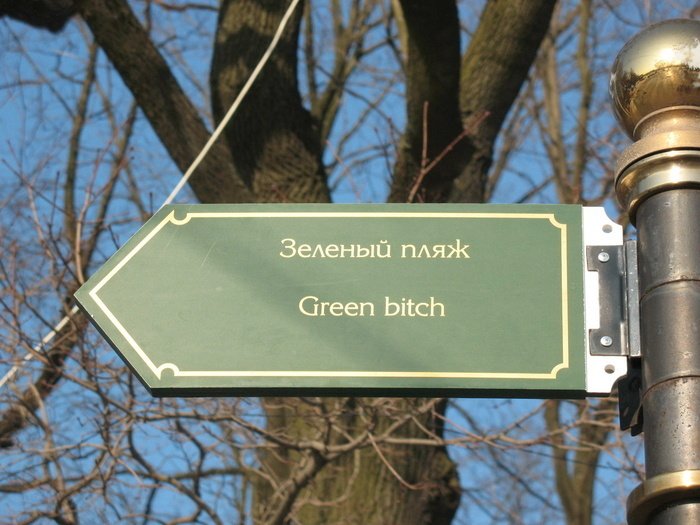Misunderestimation
According to a press release posted yesterday by Michael Eisen on the NY Giants web site, the team has released Plaxico Burress, the wide receiver who famously shot himself in the leg at a nightclub. Eisen cites the player's achievements:
Burress is perhaps best known for catching the game-winning touchdown pass in the Giants’ upset victory over the New England Patriots in Super Bowl XLII. He eluded Patriots cornerback Ellis Hobbs with an inside move, then ran to the outside, where he caught Eli Manning’s 13-yard throw with 35 seconds remaining in the game. Burress had two receptions in the Super Bowl, catching Manning’s first and last passes of the game.
In his four years with the Giants Burress caught 344 passes, which places him 12th on the franchise’s career list, one catch ahead of Earnest Gray and three behind Aaron Thomas. Burress had 3,681 receiving yards and caught 33 touchdown passes for the Giants.
And then he quotes the coach:
“Plaxico’s contribution to our championship season in 2007 can never be underestimated or undervalued,” said Head Coach Tom Coughlin.
Read the rest of this entry »



